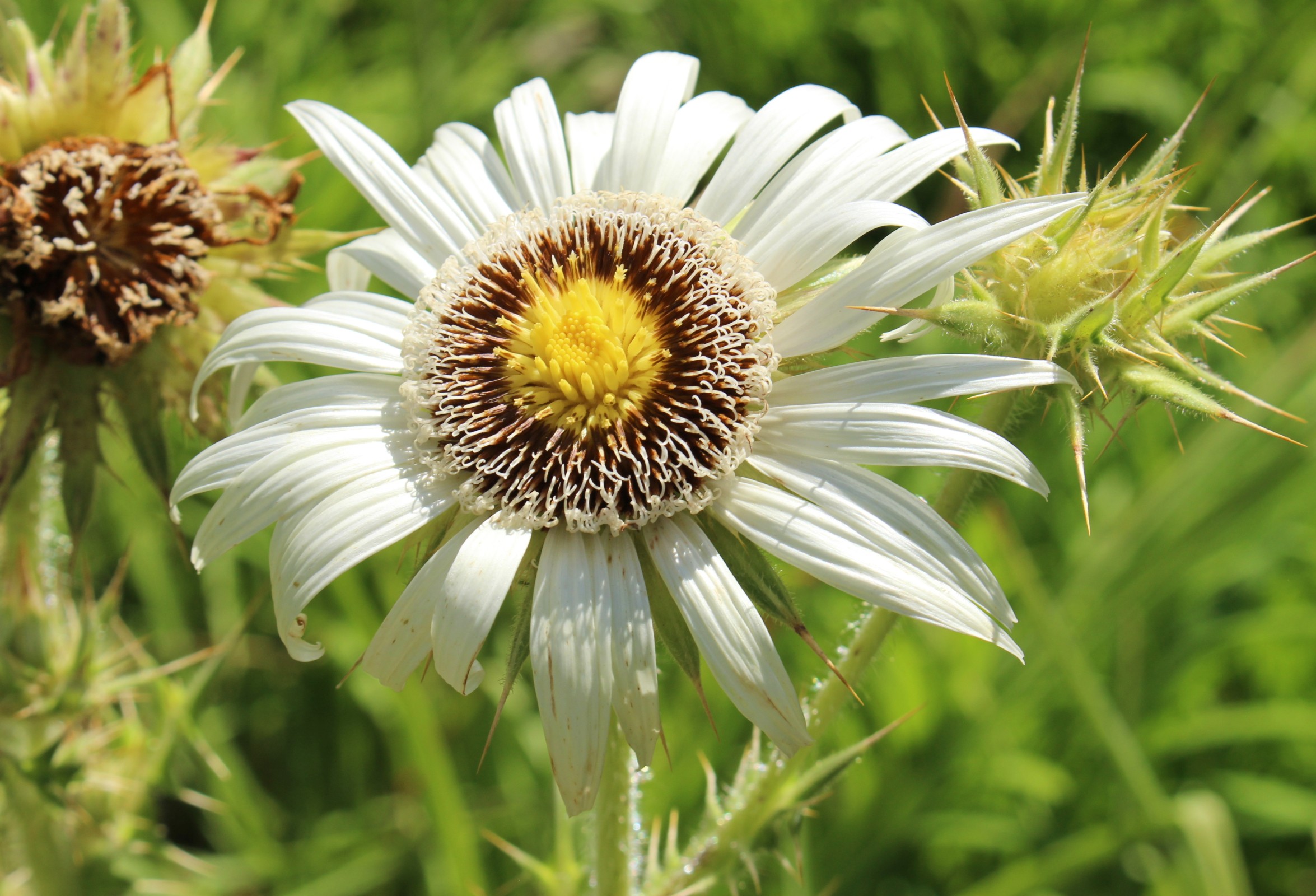Time: 2024-08-18
The groundbreaking research published in Eco - Environment & Health on April 16 , 2024 , highlights the potential for phytoremediation to combat the pervasive issue of Plastic pollution . This innovative approach , proposed by the Hubei Key Laboratory of Wetland Evolution & Ecological Restoration , explores the use of plants to capture , stabilize , and filter micro and nanoplastics in various environmental settings . By harnessing the power of phytoremediation , researchers aim to significantly reduce plastic concentrations and prevent further spread , offering a sustainable solution for polluted terrestrial , aquatic , and atmospheric realms.
Dr. Yuyi Yang , the lead researcher of the study , emphasizes the transformative potential of phytoremediation , stating that it is more than just a technique — it is a sustainable revolution in the battle against plastic pollution . By leveraging plant - based solutions , the environmental burden of plastics can be lessened , waste can be turned into valuable resources , and a healthier planet can be fostered . The study 's findings advocate for integrating phytoremediation into existing waste management frameworks to enhance efficacy , reduce pollution , and aid in ecosystem recovery , ultimately promoting biodiversity and ecological health.

As plastic pollution continues to pose a significant threat to ecosystems worldwide , there is a growing need for comprehensive research to enhance and apply phytoremediation effectively . The research conducted by the Hubei Key Laboratory of Wetland Evolution & Ecological Restoration delves into the mechanisms and technological pathways of phytoremediation , offering a promising solution to combat plastic pollution on a global scale.
In conclusion , the integration of phytoremediation into environmental management strategies represents a significant step towards addressing the escalating issue of plastic pollution . By leveraging the power of plants to capture and degrade pollutants , researchers are paving the way for a more sustainable and environmentally friendly approach to plastic waste remediation.